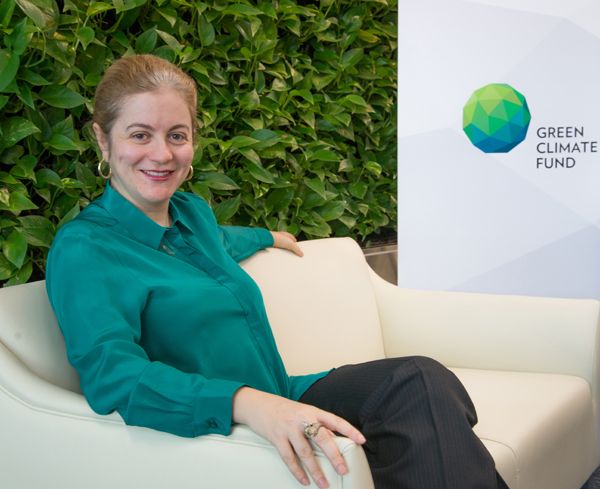$1.5bn pledge from Japan activates UN climate fund
Japan confirmed its pledge to the Green Climate Fund on Friday, bringing the fund over the 50pc threshold to start financing projects

Japan confirmed its US$1.5 billion pledge to the UN’s climate fund on Friday, bringing the fund over the 50 per cent threshold to start financing projects in developing countries.
Japan’s commitment brings the total of signed contribution agreements to US$5.47 billion, or 58.5 per cent of the amount that countries committed at the Green Climate Fund’s High-level Pledging Conference in Berlin in November 2014.
The GCF has now formally reached ‘effectiveness’ and can begin the critical phase of considering funding proposals with a view to submit initial projects to the Fund’s Board later this year, ahead of the 21st Conference of the Parties (COP 21) to the UN Framework Convention on Climate Change (UNFCCC) in Paris.
Achieving the 50 per cent threshold was a necessary requirement set by the Fund’s governing Board to declare the Fund effective.
Héla Cheikhrouhou, GCF Executive Director, said: “The Green Climate Fund commends the Government of Japan for the timely conversion of its pledge to a contribution arrangement with the Fund at such a crucial point in the negotiations ahead of COP 21. This achievement means the Fund has reached an important milestone and can now start making financial commitments to developing countries.”
Atsuyuki Oike, Ambassador Director-General for Global Issues in Japan’s Ministry of Foreign Affairs, said: “The Government of Japan appreciates the finalization of the contribution arrangement, just in time for the 7th Pacific Islands Leaders Meeting which will be held in Japan this week and address financing for climate adaptation of small islands states. We now look forward to reviewing GCF’s first projects and programmes to achieve the Fund’s objectives, with a particular emphasis on vulnerable countries including SIDS and LDCs. We also hope that the effective operationalization of GCF will contribute to successful negotiations for a Paris Agreement.”
The GCF is aiming to finalise its first set of projects for approval by the GCF Board at its eleventh meeting in November this year, just before the key COP21 summit.
An initial version of the Fund’s project proposal form has been published online for use by GCF national designated authorities (NDAs) and accredited entities that will channel GCF resources into projects and programmes.
The Fund will likely be able to leverage some of its capital multifold with private-sector cash, under measures aimed at reducing risks for investors, according to estimates made by Bank of America Corporation.
To accelerate private sector investment in low-emission, climate-resilient activities, GCF’s Private Sector Facility will work closely with international businesses, capital markets and the private sector in developing countries.
In its recent Impact Analysis, the Fund identified strategic priority areas and global investment opportunities which are not adequately supported by existing climate finance mechanisms, and that can be used to maximise GCF’s impact, in particular investments into efficient and resilient cities, land-use management and resilience of small islands.
Ms. Cheikhrouhou added: “Governments that have not yet pledged to the Fund are encouraged to step forward. All other governments that have not yet signed their agreement with the Fund should do so urgently.”
To date, 33 governments, including 8 developing countries have pledged close to US$10.2 billion to the GCF; 21 of them have signed a part or all of their contribution agreement since GCF’s Pledging Conference.
Initial climate financing disproportionately favoured middle-income developed countries and mitigation over adaptation.
Established in 2010, the Green Climate Fund is designed to distribute money equitably from developed nations to the developing states to reduce overall greenhouse gas emissions and support climate change adaptation projects.

_400_250_80_s_c1.jpg)




